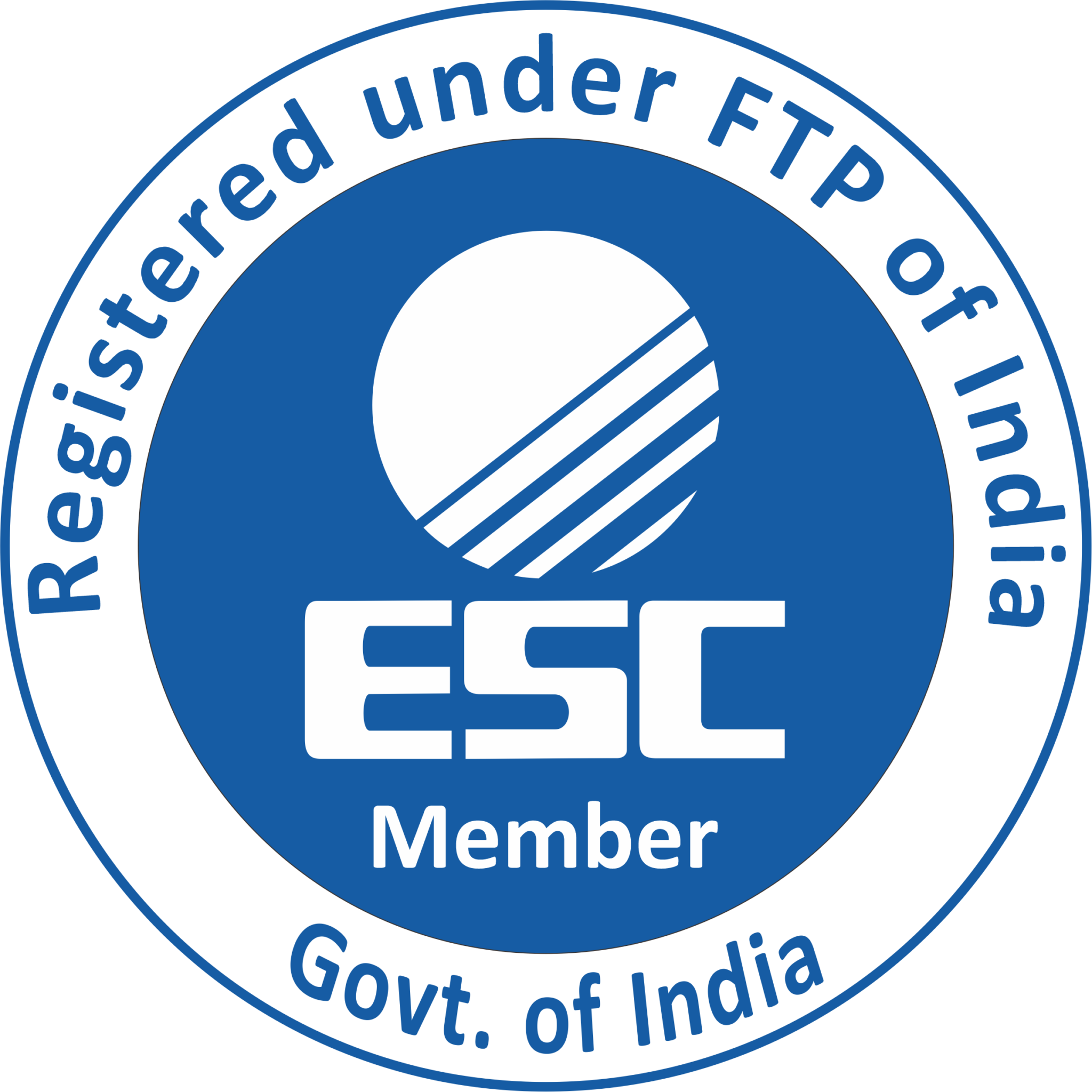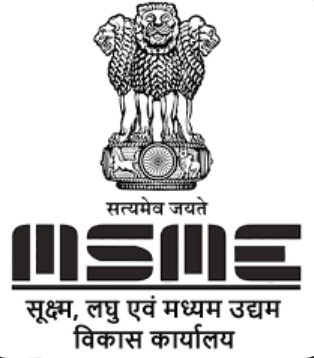ERP (Enterprise Resource Planning):
- ERP helps organizations manage and utilize their resources more effectively by providing integrated, real-time data and information.
- It automates key business processes such as financial management, production, inventory control, and sales and distribution.
- ERP also provides business intelligence to support decision-making and improve performance.
- It enables companies to streamline their operations, reduce costs, and improve customer service.
- ERP helps companies gain visibility into their operations and make informed decisions.
- ERP systems integrate information from multiple departments, locations, and business functions.
- ERP also enables companies to respond quickly to change and take advantage of new opportunities.
Enterprise Mobility:
- Enterprise mobility enables employees to access business information and applications on the go.
- It helps organizations increase productivity and efficiency by allowing their employees to work remotely.

Better, quicker approvals
Inventory management is an important aspect of an ERP system, and modern ERP systems include several features that help organizations manage their inventory more effectively. Some of these features include:
- Real-time inventory tracking: Modern ERP systems allow organizations to track their inventory in real-time, which helps them identify when stock is running low and when to reorder.
- Automated reordering: Many modern ERP systems include automated reordering features that help organizations keep their inventory levels optimal.
- Barcode scanning: Some ERP systems include barcode scanning capabilities, which allows organizations to quickly and accurately track inventory levels.
- Multi-location inventory tracking: Modern ERP systems allow organizations to track inventory levels across multiple locations, which helps them manage their inventory more effectively.
- Lot and serial number tracking: Some ERP systems include lot and serial number tracking, which helps organizations track the specific units of inventory.
- Inventory forecasting: Modern ERP systems include forecasting features that help organizations predict future inventory needs based on past trends and sales history.

ERP systems have features that help organizations manage their sales processes more effectively. Some modern features of sales in an ERP include:
- CRM (Customer Relationship Management): Modern ERP systems include CRM features that help organizations manage their customer relationships, such as tracking leads, contacts, and customer interactions.
- Sales forecasting: Modern ERP systems include forecasting features that help organizations predict future sales based on past trends and customer data.
- Quotation and Proposal Management: Modern ERP systems include features that help organizations create and manage quotes and proposals for their customers.
- Order management: Modern ERP systems include features that help organizations manage customer orders, from processing payments to tracking delivery and fulfillment.
- Mobile Sales: Some ERP systems allow for mobile sales, which enables users to access sales information and perform transactions using mobile devices.
- Channel Management: Modern ERP systems include features that help organizations manage their sales channels such as e-commerce, retail, and wholesale.

Modern ERP systems include features that help organizations manage their operations and logistics more effectively. Some of these features include:
- Manufacturing management: Modern ERP systems include features that help organizations manage their manufacturing operations, such as production scheduling, work order management, and inventory tracking.
- Supply chain management: Modern ERP systems include features that help organizations manage their supply chain, such as tracking vendors, purchase orders, and delivery schedules.
- Warehouse management: Modern ERP systems include features that help organizations manage their warehouses, such as tracking inventory, managing pick, pack and ship processes, and generating reports.
- Transportation management: Modern ERP systems include features that help organizations manage their transportation operations, such as tracking delivery schedules, managing freight costs, and generating reports.
- Quality management: Modern ERP systems include features that help organizations manage their quality control processes, such as tracking defects, generating quality reports, and managing non-conformance.


Security
Providing strong security across all contact points
Standardizing Procedures
Automation and entirely overhauling an organization’s
Real-time Information and Remain Connected
Every business seeks real-time analysis of data to make better decisions
Management of Customer Relationships (CRM)
ERP systems may improve CRM to the point where customers are happier by compiling
Integration
ERP systems can connect to a variety of different business






